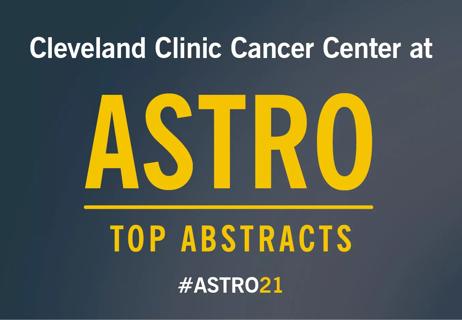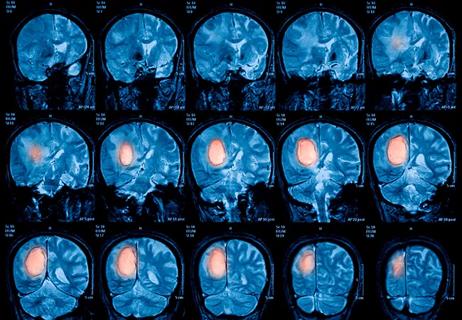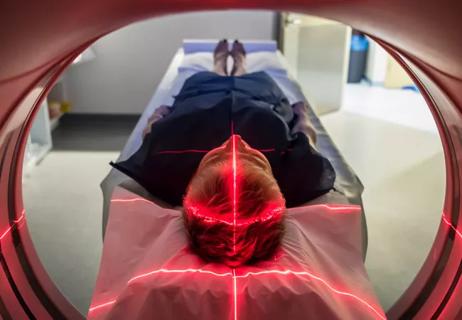Locations:

Cleveland Clinic’s radiation oncologists select highlights

Study shows encouraging safety results in rare type of adult brain cancer

Novel assay identifies women most likely to benefit

Study presented at ASTRO 2021 shows promise in patients treated with stereotactic radiosurgery
Advertisement
Cleveland Clinic is a non-profit academic medical center. Advertising on our site helps support our mission. We do not endorse non-Cleveland Clinic products or services. Policy
Advertisement
Advertisement